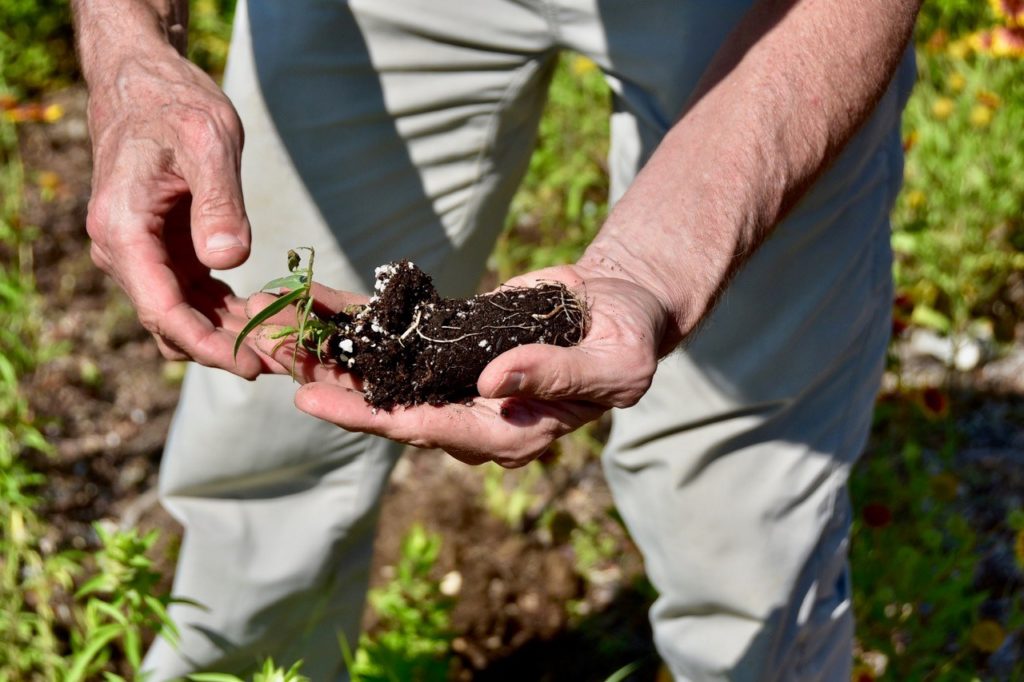Texas Master Naturalist program offers fall training
Virtual certification in natural resource and conservation management available
Twelve chapters of the Texas Master Naturalist program are conducting training classes this fall for volunteers wanting to learn about natural resource conservation and management.

Those interested in joining Texas Master Naturalists across the state can find a volunteer training session in their community and register. Registration dates and fees vary.
Educators and specialists from universities, natural resource agencies, nature centers and museums will provide volunteers with a minimum of 40 hours of basic training. Among those will be faculty from Texas A&M University, Concordia University and the Botanical Research Institute of Texas.
Training topics include interpretation and management of natural resources, ecological concepts, eco-regions in Texas and natural systems management.
The Texas Master Naturalist program, consisting of 48 chapters located across the state, aims to develop a corps of well-informed citizen volunteers. Through education, outreach and service, Texas Master Naturalists play a key role in advocating for the beneficial management of natural resources and natural areas within their communities throughout Texas.
Qualifications for enrollment, certification requirements
The main qualification needed to become a certified Texas Master Naturalist is an interest in learning and playing an active part in natural resource conservation.
Mary Pearl Meuth, assistant state coordinator for the Texas Master Naturalist Program, Bryan-College Station, said they look for folks eager to learn and serve.
“Texas Master Naturalists not only get their feet wet and their hands dirty, but while doing so they spend time in a natural setting, learning about different plant and animal species and maybe even finding something new,” Meuth said.
Master Naturalists are also expected to pursue a minimum of eight hours of advanced training in areas of personal interest and are encouraged to develop personal projects connecting to the mission of the chapter and statewide program.
“Advanced training requirements can be met online or in person once COVID-19 restrictions are lifted,” Meuth explained. “These workshops and trainings are offered through local Texas Master Naturalist chapters and partner organizations and are geared toward enhancing their understanding of natural resources and how to play a part in their management and conservation.”
To maintain their certification, volunteers are asked to provide 40 hours of service a year in community education, demonstration and habitat enhancement projects.
“Many communities and organizations rely on citizen volunteers for implementing youth education programs, operating parks, nature centers and natural areas,” Meuth said. “This component of the program allows Texas Master Naturalists to provide leadership in local natural resource conservation efforts.”
Learning and volunteering
Current Texas Master Naturalist Beverly Guthrie began taking classes through Texas Master Naturalist’s North Texas Chapter in 2004. She has been heavily involved ever since.
Guthrie said she fell in love with Texas Master Naturalist and found purpose in the program.
“It was so wonderful to be able to take what I had learned and actually serve and use it to educate others about our environment,” Guthrie said. “I really believe in being a good steward of the earth and Master Naturalist provides me with all the tools I need to do that and to help create that feeling of stewardship in others.”
Guthrie urged anyone considering enrolling in the class to take advantage of the resources and opportunities because it’s “the best bargain around for high-quality environmental education.”
She also said all are welcome in the program, and anyone—novice and experts alike—can benefit from the information shared in the Texas Master Naturalist classes. The added bonus? They’re pretty fun, too.
Guthrie, who’s racked up more than 8,000 hours of volunteer service through the statewide program, said giving back to her community is one of her favorite parts of being a Master Naturalist.
“It’s an amazing experience,” she said. “Once you certify and start volunteering, it gives you a sense of purpose and stewardship of the earth.”
Aside from all the educational benefits, Guthrie said it’s the community she’s found in the Texas Master Naturalist program that has really stuck with her. “It’s great to be with others who have similar interests—kindred spirits.”
For more information on becoming a Texas Master Naturalist, visit the Texas Master Naturalist website or contact Meuth at [email protected].


